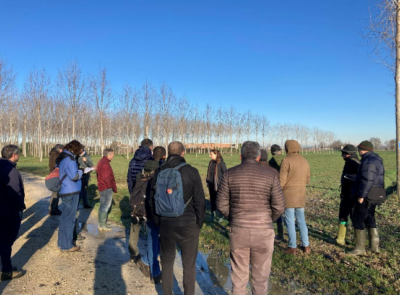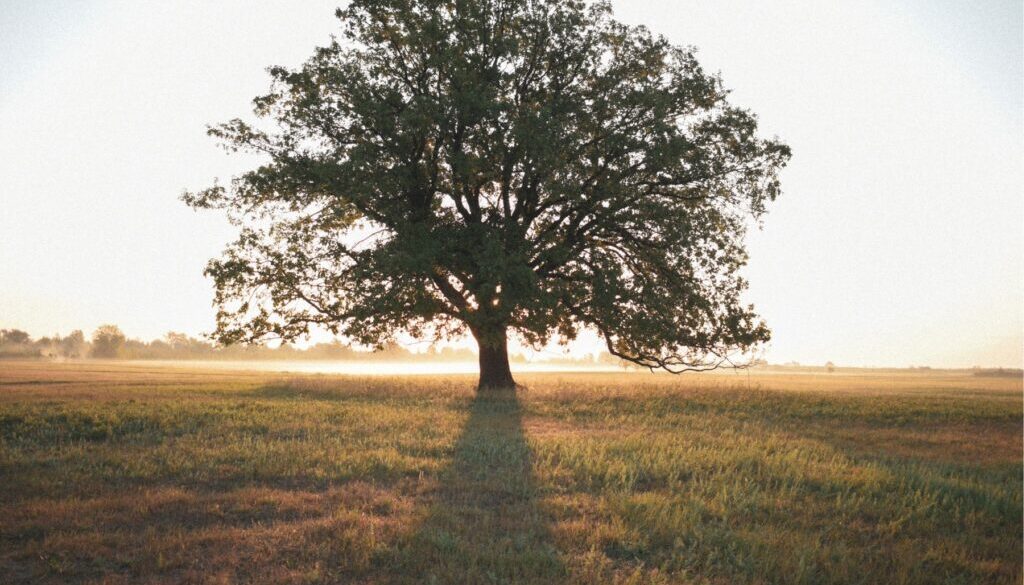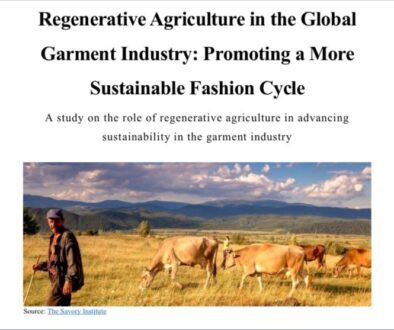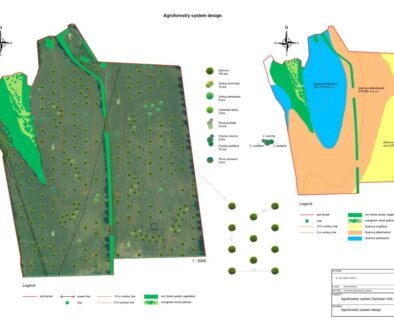MSc specialisation and training courses on agroforestry systems in the NE of Italy

Field visit at the poplar silvoarable systems of the “Sasse Rami” pilot and demonstrative farm of Veneto Agricoltura (Ceregnano, NE of Italy).
Credits: Anna Panozzo.
Scientific-based knowledge on agroforestry systems management has been accumulated by scientists in many countries but it must be summarized and transferred to the farm managers. To this purpose, both higher education and technical training courses are the pillars for the transfer of scientific knowledge to the to farmers through technical dissemination. In Veneto region, in the NE of Italy, several initiatives have been launched in the recent years, in order to promote knowledge transfer and networking among stakeholders, towards the maintenance of traditional agroforestry landscape and the adoption of new agroforestry models.
A new specialization in Agroforestry systems has been planned by the University of Padova within the MSc in Forest and Environmental Sciences from the Academic Year 2020-2021. The specialisation is currently held in Italian and offers five different disciplines related to: 1) Ecophysiology and management of agroforestry systems; 2) Agroforestry systems and soil properties; 3) Silvo-pastoral systems and ecosystem services; 4) Tree plantations; 5) European policies and measures for supporting agroforestry. During the MSc programme the students are encouraged to analyse the agroforestry systems by using an ecosystem view, that is taking in to account the system functionality, its complexity, the multiple interactions and the temporal dynamics. This approach is believed to be essential for correctly managing all-natural or anthropogenic systems providing a multiple set of services and goods. Thanks to the formal agreement with Veneto Region, it will be also possible for students to use experimental farms of Veneto Agricoltura Agency, the Veneto Region’s Agency for Innovation in the Primary Sector, where to plan experiments, carry out measurements and test management practices directly in the field.
A training course entitled “Agroforestry; principles, techniques and experiences” has been recently organized by Veneto Agricoltura, in collaboration with the Italian Association of Agroforestry (AIAF), and supported by the Measure 2 of the Rural Development Program (RDP) of Veneto Region. It included 14 hours of online formation and 10 hours of field visits at different private and demonstrative agroforestry farms across Veneto region, held between December 2022 and January 2023. Participants were mainly consultants and advisors, but also farmers, agricultural technicians, pruner technicians, and more than 40 people completed the training course.
The online formation provided different lectures regarding: 1) Agroforestry: history and state of the art; 2) Forestry strategy and the new European programming cycle: perspectives for agroforestry. 3) Silvoarable systems: interactions, techniques and experiences; 4) Silvopastoal agroforestry systems for ruminants; 5) Silvopastoral agroforestry systems for monogastric; 6) Transformation and commercialization of wood products; 7) Design principles and case studies in Veneto and Italy; 8) Agroforestry: environmental impacts, biodiversity and certification systems (PEFC – Programme for Endorsement of Forest Certification schemes).
Field visits and practical activities took place at 1) “Sasse Rami” pilot and demonstrative farm of Veneto Agricoltura (Ceregnano, RO), where participants could get insights about the management of silvoarable systems with poplars (Figure 1); 2) the private farm “Il Frutteto di San Martino SS” (San Martino di Venezze, RO), with a focus on the techniques and management of agroforestry systems with fruit trees; and 3) a plywood production factory – AZIENDA C.I.M.A. Produzione compensate (Limena, PD), where participants could get knowledge about processing, quality standards and commercialization of wood products from agroforestry systems.
Deeper insights on the functioning and economic aspects of these models need to be further achieved, but their efficient transfer to the current operators and to the new generations is also a necessary condition for larger adoption of sustainable agroforestry models.
Get in touch with Anna Panozzo for more details.



